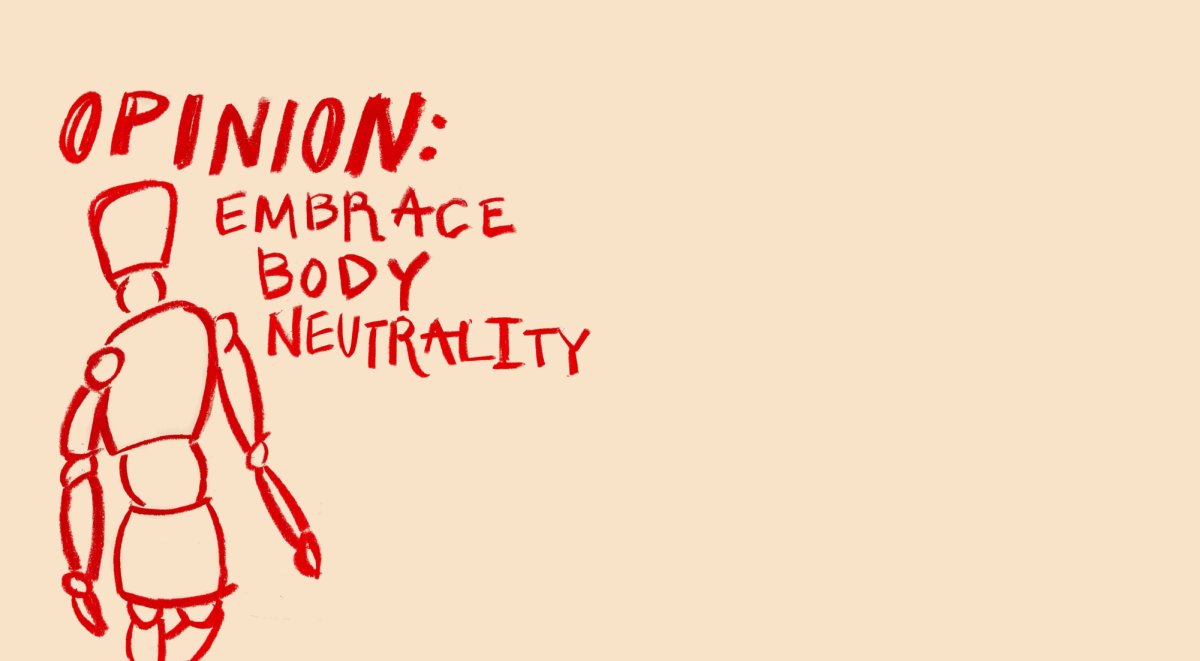Buening: Healthcare Shouldn’t Be a Business
(Graphic by Claire Peterson | The Daily Utah Chronicle)
October 28, 2021
Despite our continual boasting as the “most powerful” country in the world, we rank below a number of countries when it comes to development. Developed countries share a standard of improved quality of life and a “greater access to basic necessities,” but some exemplify this standard better than others.
Norway, Switzerland, Germany and New Zealand have higher Human Development Indexes than ours. Interestingly enough, these countries all have something that we do not — universal healthcare. By nearly every measurable metric, their quality of healthcare outperforms the U.S.
One study placed our healthcare system as low as No. 30. This ranking isn’t just some number in a study. Only 7% of Americans are happy with the way our current healthcare system operates. Across party lines, most people want to substantially change it — and it’s clear why.
Our healthcare system is corrupted by profit maximization techniques that further disenfranchise low-income individuals. Rather than maintain our system’s exploitative nature, we should mirror other developed nations by adopting universal healthcare policies.
The United States as an Outlier
In 2019, a U.K. media outlet released a video that hilariously depicted healthcare cost disparities between the U.S. and other developed nations. In it, a variety of randomly selected British people were asked to guess the cost of various healthcare services in the U.S. After greatly underestimating our prices, the interviewees were appalled. One said, “If you don’t have money, you’re fudged!”
This sentiment, as funny as its expression was, is a sad truth. The average price of healthcare in the U.S. is about 85% higher than the average price in other OECD (Organization for Economic Co-operation and Development) countries. Many argue that the higher expense is worth the quality of service we receive, but this isn’t the case. Our cost of healthcare is not proportionate to the quality of our services.
We also don’t experience better health outcomes from this approach. On the contrary, we actually perform worse than other developed countries in areas like life expectancy, infant mortality and diabetes. Many factors contribute to this performance, ranging from our obesity-inducing food industry to our abnormal prevalence of gun-related deaths.
A huge contributor is the effect of our extreme socioeconomic and racial inequalities on access to health insurance. One Annual Review of Public Health pointed out that “For young and middle-aged males and females, mortality in the disadvantaged Americas is up to two times worse than that in the worst OECD country.”
Our degree of governmental involvement explains much of these observed differences. In America, profit is the motive, leaving intermediary insurance collectors to over-exhaust vulnerable people. Gerry Wedig, an associate professor of business administration at the University of Rochester said, “The U.S. pays higher costs for the same service in part because the government plays a smaller role in negotiating prices.”
Unmanageable Costs
Without government intervention, extreme privatization defines our healthcare. This privatization caters only to those with the means to bear its heavy costs. Those without the means to pay suffer inhumane consequences. As many as 25% of the population doesn’t get medical aid because of skyrocketing costs. People die because of unaffordable treatment.
The unpredictability of disease forces an impossible choice between healthcare or financial ruin. I am familiar with this choice. I was born into what was previously an upper-class family with sizable financial resources. However, one cancer diagnosis, coupled with employment and mental health challenges, led to a complete drain of our resources. Fourteen years later and the consequences of bankruptcy still follow us. One bad diagnosis or a few unlucky ambulance rides could mean asset repossession or worse.
This financial pit becomes more severe with long-lasting ailments. In the pharmaceutical industry, unregulated business has led to the formation of monopolies. These monopolies have disastrous effects on those with pre-existing conditions. For example, Mylan Pharmaceuticals hiked the prices of the EpiPen from around $57 in 2007 to $600 in 2016. In the case of severe allergic reactions, an EpiPen can mean the difference between life or death. And yet, that doesn’t stop corporate greed from exploiting it for profit.
Similar exploitation happens for diabetes patients with insulin. CBS News quoted one college student who said that her insulin bill rose from $130 to $495 per month. As any person with limited funds can tell you this is an unmanageable cost.
Why Universal Healthcare?
Like life, education, privacy and freedom of speech, healthcare is a human right. Yet, we prioritize capital gains over human wellness. Adopting principles of universal healthcare could help us realign our priorities. Many experts agree — at a Forbes forum designed to propose solutions to healthcare challenges, Dr. Eric Topol, among others, encouraged that we “Guarantee universal coverage and provide healthcare equitably among all U.S. citizens.”
The transition from a market-based system to a universal one is not easy. It requires substantial upfront costs and foundational reworking. But given the long-term benefits, this investment becomes worthwhile. One group of researchers found that a universal system would reduce the economic strain of our epidemic-level chronic disease crisis and provide incentives for the government to ensure preventative care. And of course, it knocks down barriers for low-income people to receive treatment. Statistically, people under universal healthcare show greater satisfaction with and confidence in their medical systems.
Profitable economic considerations provide an incomplete model. Running healthcare like a business ignores an array of negative externalities, including unequal distribution that reinforces class structure. It’s about time we stop lagging so far behind the rest of the developed world and start giving people the care they deserve.













